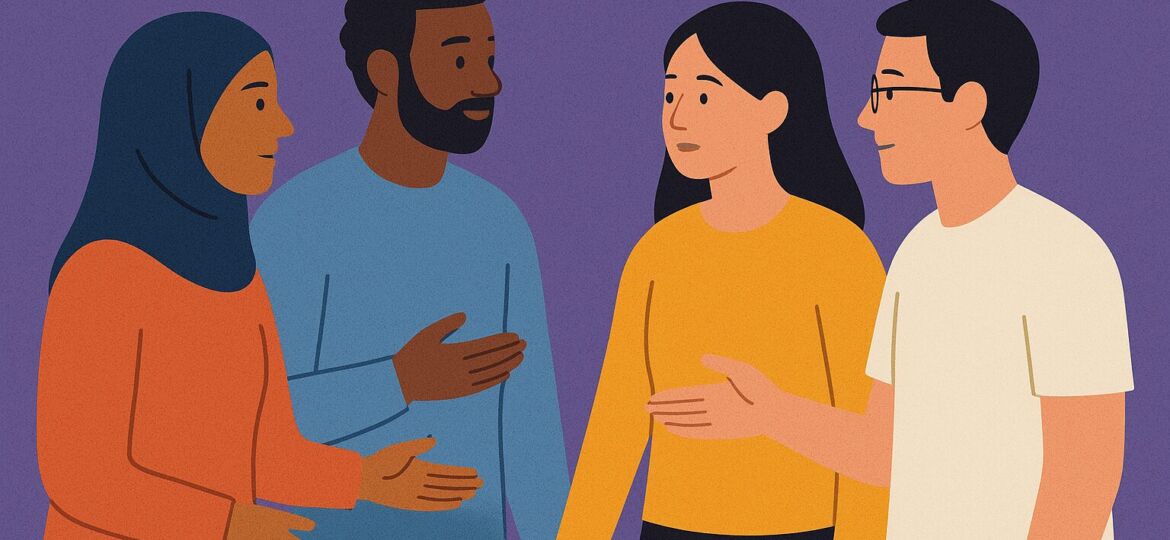
Every day, human rights defenders (HRDs) around the world confront threats, violence, and injustice. They stand up to powerful interests, often in contexts of repression, war, or discrimination. Many live under constant surveillance or threat, while continuing to accompany others who have experienced severe trauma. This constant exposure to suffering and risk inevitably takes a toll. Overwhelming feelings, like burnout, anxiety, depression, and post-traumatic stress are not abstract terms in this field, they are realities faced by many of those on the front lines of defending rights and freedoms.
Protecting those who defend human rights requires a comprehensive and holistic approach — one that goes beyond immediate physical security measures. Effective protection must also address the psychological and emotional dimensions of risk and resilience. Mental health and psychosocial well-being are therefore not secondary or complementary aspects of protection; they are core components of a sustainable and integrated protection framework. Ensuring that human rights defenders have access to appropriate psychosocial support, trauma-informed care, and spaces for recovery is essential to maintaining their long-term capacity, safety, and engagement. In this sense, placing mental well-being at the centre of our protection strategies is not only a matter of care, but a matter of effectiveness and sustainability.
For this reason, ProtectDefenders.eu and its partners have long understood that supporting mental health is essential to sustaining the human rights movement itself, and this has become also a core of the work and of the support offered within the EU HRD mechanism. Without a stable sense of safety, emotional balance, and psychological resilience, it becomes nearly impossible to sustain HRD vital work. By integrating psychosocial support into protection mechanisms, we aim to ensure that HRDs are not only safe, but also well enough to rebuild their strength and continue their missions.
We have seen the transformative power of mental health support through the experiences of many defenders accompanied by our mechanism: In Turkey, a woman human rights defender and lawyer, after years of defending refugees and women’s rights under increasing repression, suffered severe depression and post-traumatic stress. With a small but critical emergency medical grant, she was able to receive life-saving treatment in a hospital and begin her recovery. Only weeks later, when a devastating earthquake hit her region, she found the strength to help others, providing psychological first aid to survivors, supporting LGBTI+ students, and leading local solidarity networks. “I cannot imagine how I’d survive if I had to face the earthquake before the treatment,” she later reflected.
In Mexico, the feminist organisation Justicia Pro Persona A.C. faced deep institutional and emotional fatigue after years of working on gender-based violence and feminicide cases. Thanks to the financial support provided by the OMCT, the organisation was able to strengthen its internal structure, redefine its mission and theory of change, and, just as importantly, focus on the psycho-emotional well-being of its team. The process created new spaces for collective reflection and care among women human rights defenders.
And in Lebanon, a 23-year-old non-binary LGBTIQA+ defender received urgent support to relocate after receiving death and sexual violence threats. The grant allowed them to move to a safer area, access psychotherapy, and regain stability. From there, they were able to return to work, later joining a human rights organisation to continue promoting inclusion and equality.
Each of these stories reminds us that mental health support can be life-saving. Whether through emergency grants, institutional strengthening, or long-term psychosocial care. These stories show that mental health is not separate from human rights, it is a human right in itself, and one that enables all others.
That is why, in the occasion of World Mental Health Day (10 October), we want to reaffirm our collective commitment to well-being as a cornerstone of protection.


